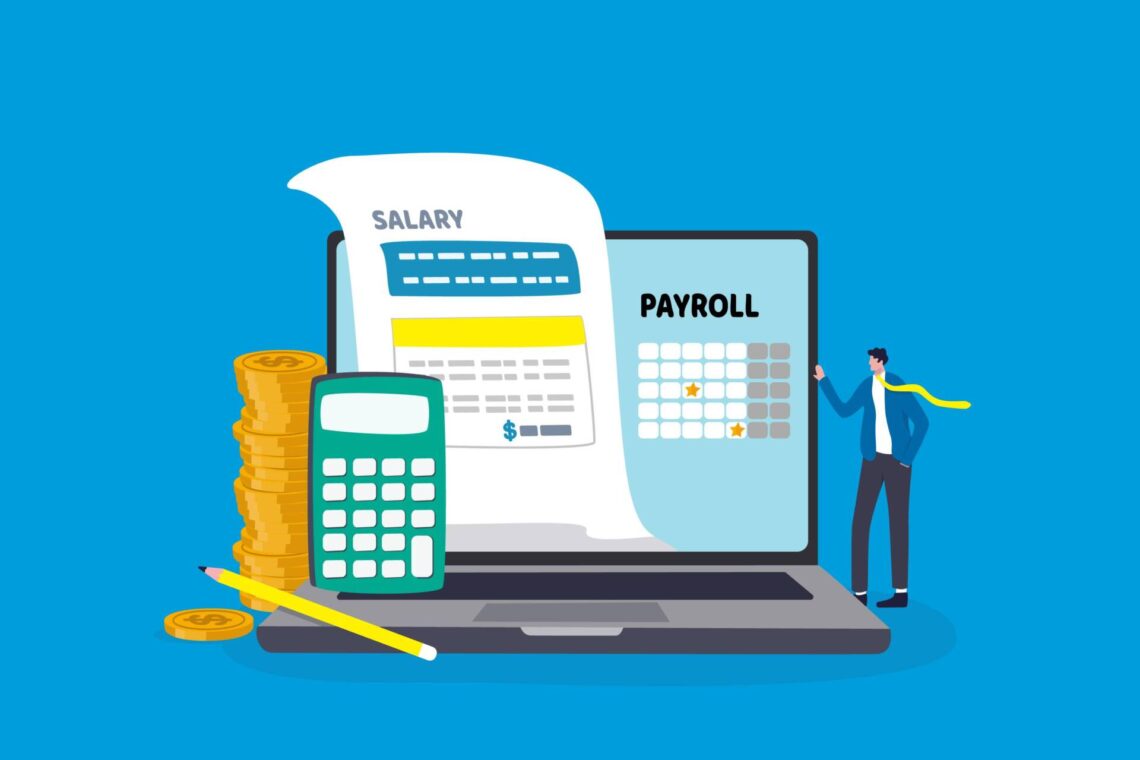As a business owner contemplating a new hire, you may be wondering which way to go – with an employee or an independent contractor. While both may offer the skills and services you need, when it comes to your tax obligations, there are substantial differences between the two. Understanding these differences helps prevent unexpected costs and ensures you meet your tax duties.
Here’s what business owners need to consider when choosing between hiring employees or independent contractors:
What’s the difference between an employee and a contractor?
The Australian Taxation Office (ATO) outlines specific criteria for determining whether a worker is an employee or works as an independent contractor.
The table below illustrates the key differences:
When you hire an employee |
When you hire a contractor |
|
|
It’s important to classify your workers correctly, as it affects your tax responsibilities, superannuation obligations, and potential liabilities.
Tax withholding obligations for employees vs. contractors
One key distinction between hiring an employee and an independent contractor lies in how taxes are handled and reported. Refer to the table below for a concise overview of your responsibilities for each
When you hire an employee |
When you hire a contractor |
|
|
Superannuation obligations for employees vs. contractors
Superannuation requirements vary for employees and contractors, and the regulations are not always clear-cut.
When you hire an employee |
When you hire a contractor |
|
Note: If a contractor is engaged mainly for their labour, they could be treated as an employee for superannuation purposes, and you may need to make super contributions on their behalf. This can be complex, so seek professional clarification if you’re unsure.
|
Leave entitlements and worker’s compensation for employees vs. contractors
One of the key distinctions between employees and contractors is that you can provide employees benefits such as annual leave, personal leave, and long service leave. This can help attract talent during the hiring process.
When you hire an employee |
When you hire a contractor |
|
Note: If a contractor is misclassified as an independent contractor when they should be an employee, you may be liable for back pay of leave entitlements and other benefits, as well as fines. You may also need to include contractor payments on your workers compensation insurance. Check with your provider as requirements can change for each State |
Payroll Tax for employees vs. contractors
Payroll tax is a tax imposed on businesses with total taxable wages surpassing a specific threshold, which differs across states and territories.
When you hire an employee |
When you hire a contractor |
|
|
Fringe Benefits Tax (FBT) for employees vs. contractors
When you provide non-cash benefits to staff (e.g. company cars, health insurance or accommodation), you incur Fringe Benefits Tax (FBT).
These benefits are taxed separately from income tax.
When you hire an employee |
When you hire a contractor |
|
|
Risk of incorrectly classifying employees and contractors
The ATO and Fair Work Ombudsman closely monitor worker classification. Misclassifying employees as contractors can result in serious consequences, such as having to pay back wages, superannuation, leave benefits, and fines.
Here are some common risks associated with misclassification:
- Superannuation shortfall: Not providing superannuation contributions for employees classified as such may lead to the ATO imposing a superannuation shortfall charge.
- Unsettled entitlements: If an employee is mistakenly classified as a contractor, they could request reimbursement for unpaid leave, overtime penalties, and other entitlements they missed.
- Penalties and interest: Businesses that do not fulfill their PAYG, superannuation, and other tax obligations due to misclassification may face penalties and interest charges from the ATO.
To Summarise…
Determining whether to hire employees or engage independent contractors carries significant tax and legal implications. Employees offer stability and the ability to provide benefits, while contractors provide flexibility and potential tax and superannuation savings. However, misclassifying workers can lead to severe financial penalties, so accuracy is crucial.
If you’re unsure about the best choice for your business or want to ensure compliance, seek professional advice. At Lemonade Beach Accounting, we provide general guidance on the different options and considerations. We recommend consulting specialist HR and Employment Law advisers to confirm your contracts and terms of engagement meet legal requirements.
Contact us today for tailored advice on worker classification and tax planning strategies designed for your business.





